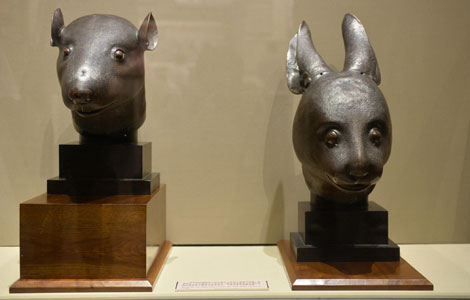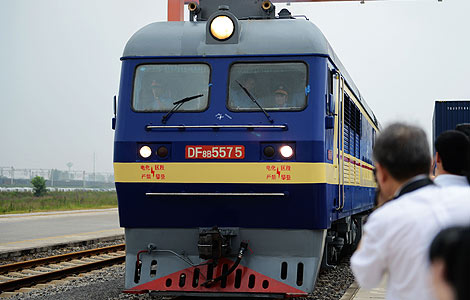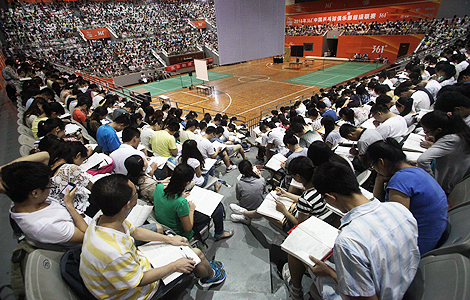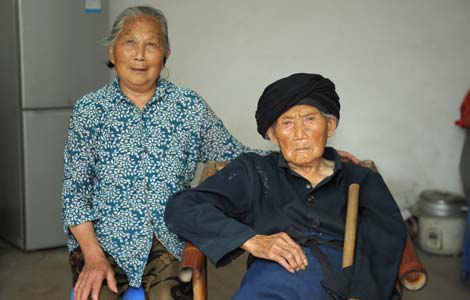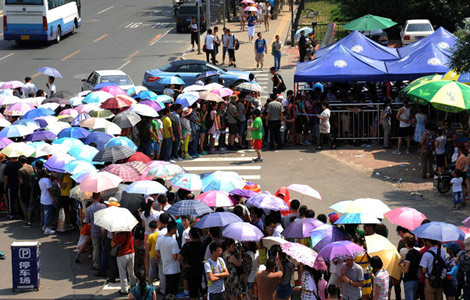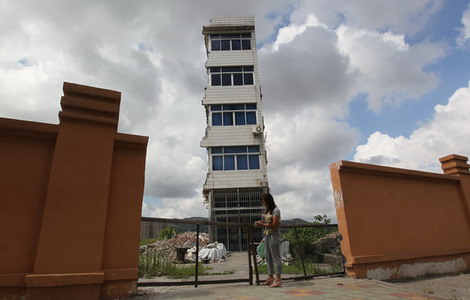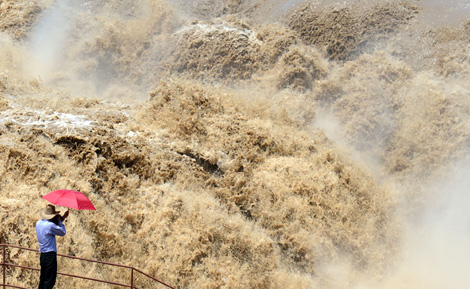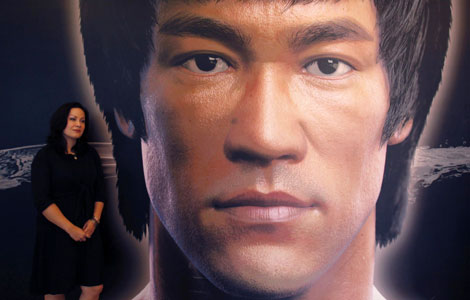

  |
Currency changes
If labor and material costs were not enough, the appreciation of the yuan against the United States dollar may be the straw that breaks the back of China's Christmas product manufacturers.

"If the exchange rate appreciates two or three points, I may not accept any orders at all," said Chen.
Huang Shaokuang at Jiaying Arts and Crafts also urged the central government to curb currency appreciation for fear that "exporters may lose confidence to continue in this business".
Frustrated, manufacturers are trying to take control of their own destiny.
To save on costs, Jiaying is planning to use more "economical materials" in its factory, rather than top-class ingredients. It will also make product designs simpler to cut down on labor.
Like other companies, Huang Shaokuang said his is prepared to raise the prices of its products by at least 15 percent in 2011. Quotations will be reset after March in case the yuan appreciates too much, he added.
However, as Chinese manufacturers are low on bargaining power due to the fierce competition, experts say they will eventually have to compromise with foreign buyers.
To improve profits, Yi Xiaozhun, vice-minister of commerce, urged export-oriented factories to innovate with product design and function, as well as increase added value.
Producers of Christmas handicrafts, big and small, have heeded the call and are investing millions into creating new, standout products.
"I spend at least 1 million on developing new designs every year, which has accounted for 5 percent of our total spending some years," said Chen in Shantou.
As Christmas decorations, ornaments and dolls are seasonal, production lines run for only half a year. The rest of the time, most manufacturers are concentrating on designing and producing samples.
However, handicrafts are easily copied and often pirated by traders who attempt to pass off manufacturers' designs as their own. This is not helped by the fact that, for small and medium-sized firms, buying patents for products can be too expensive.
"Only if we get an order of more than $50,000 for a new product will we apply for a patent," said Huang Shaokuang.
Chen complained that, in most cases, manufacturers are paying for the innovation, but not benefiting from it.
Glad tidings
With the potential of more icebergs ahead, many firms are thinking of jumping ship.
"I have been considering transferring to other industries since the beginning of this year," admitted Chen, who said conditions have slowly deteriorated over the last decade.
Huang said Jiaying Arts and Crafts has already started producing toy helicopters to sell to the domestic market.
Despite the turbulence, some big players, like Hongfeng Arts and Crafts, are still flying high, however.
"We completed $15 million worth of orders this year, almost twice as many as in 2009," said deputy general manager Luo, who added that his company's net profit margin is as much as 10 percent higher than the industry average.
The secret to Hongfeng's success has been building a brand recognized by foreign buyers, which has attracted large retailers and has kept annual orders at a healthy level.
Small and medium-sized factories often cannot meet some of the more stringent requirements on quality and environment protection, while retailers are usually unwilling to buy from smaller firms because they are less reliable.
"We increased our added value by providing abundant and various designs and by using different materials," said Luo, whose company has 36 designers, including four from overseas. "It is essential for manufacturers to be courageous, invest huge amounts of money into innovation and protect the intellectual pro-perty by applying for patents."
Orient Crafts in Zhejiang also saw its sales top 100 million yuan in 2010, an increase of 25 percent.
"There is no bad industry, just bad performing companies," said general manager Huang Jili.
